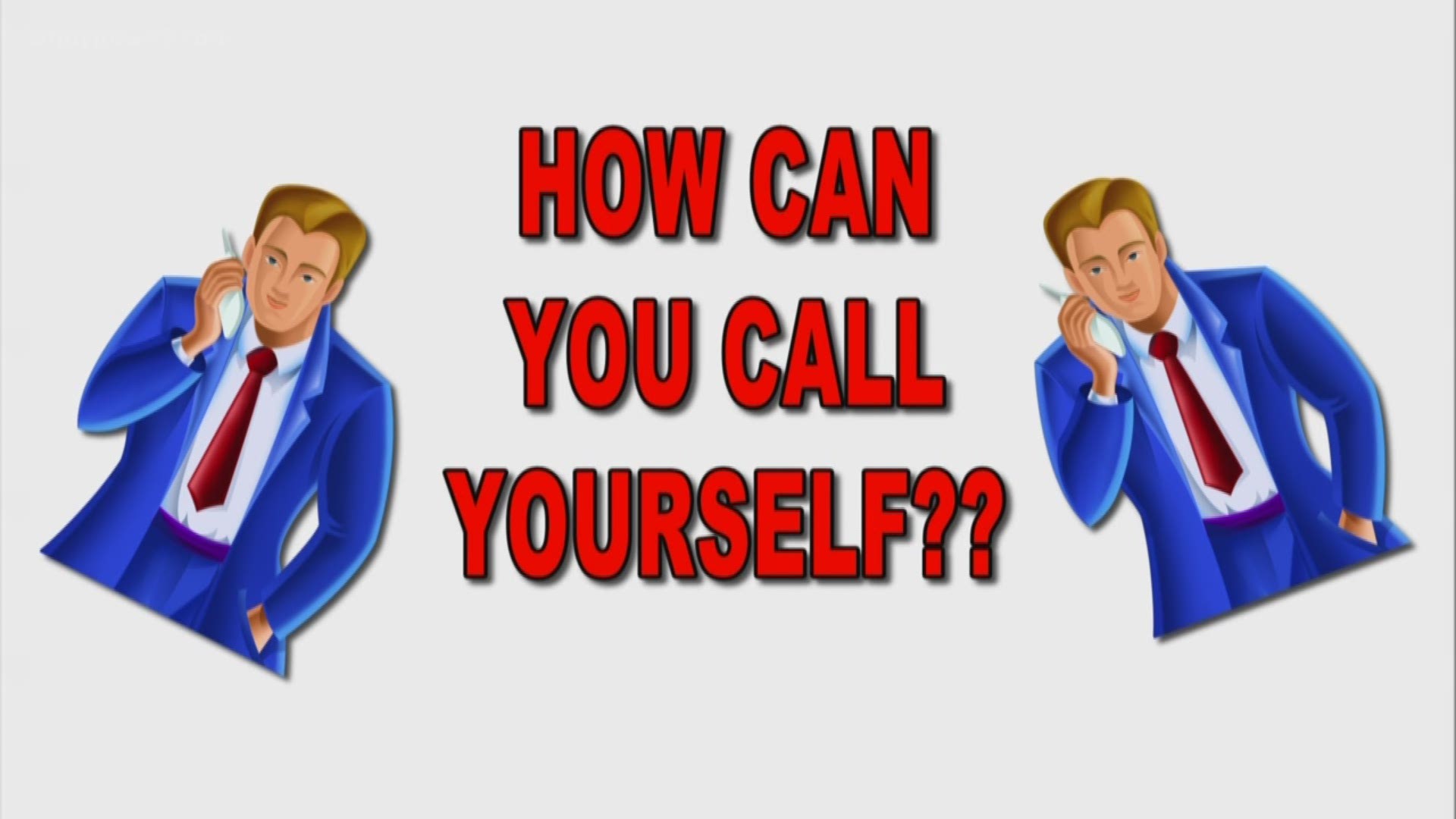GREENSBORO, NC -- When you get a phone call at 12:46 in the morning, you suspect something's wrong. And when you see the caller is you...you know something is really wrong.
I wasn’t alone. 2WTK got messages from other AT&T customers saying they got calls from themselves too! How can you call yourself? It's called spoofing. Scammers change the number that appears on Caller ID to trick you.
2WTK contacted AT&T and they directed me to their new cyber aware page where it answers the question on why the spoofer called you: “to open the door for a scam that asks for your personal or account information.”
The AT&T spokesperson sent this statement adding, "Never give such information to someone who calls you. Call the company at the number found on your bill. "
AT&T has a free app called “Call Protect”. It detects and blocks calls from likely scammers and alerts you when the call comes from a suspected spam source and lets you manually block unwanted calls.
The app is free.
Not an AT&T customer? Verizon has two options for you. An app that blocks calls for a free 90-day trial. Or a $5 a month feature that allows you to block restricted and unavailable numbers. But neither of these has the same spam blocking ability.
Anyone can use the NoMoRobo App. It’s for any phone on any service. It’s $1.99 a month.
But the bottom line is this whether it’s your cell or home phone, just because someone is calling from a number you recognize-- doesn't mean it's really them.

